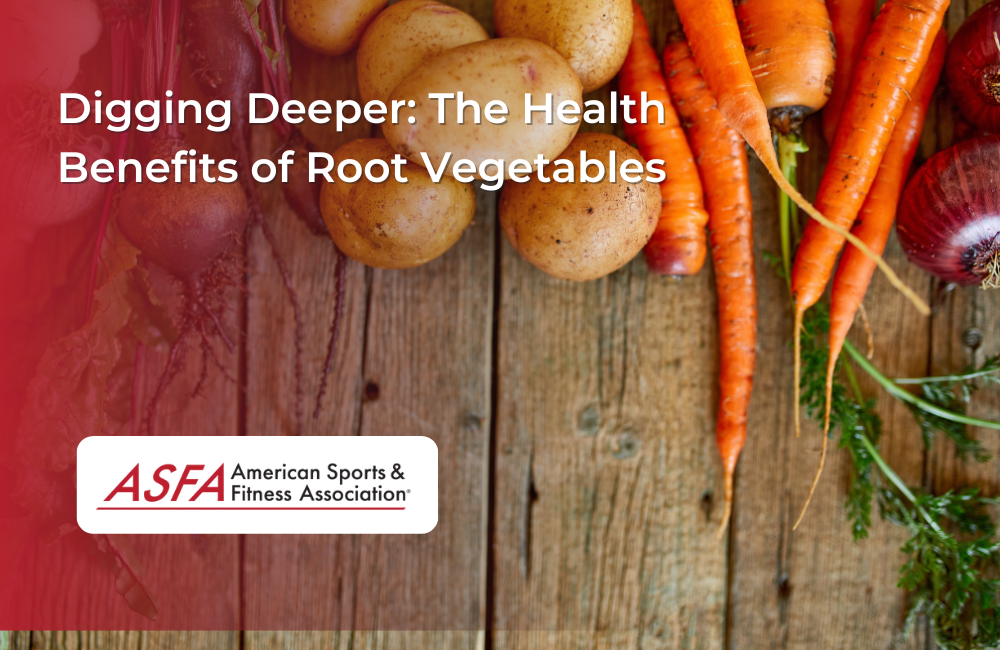
Digging Deeper: The Health Benefits of Root Vegetables
Root vegetables are a staple of many diets, but they're also rich in nutrients that may protect against different types of disease. Carrots, parsnips, beets, and turnips all have unique properties that make them stand out from other vegetables or fruits. So how do these root vegetables stack up against each other in terms of their health benefits? Let's take a closer look at each one and see which comes out on top!
Carrots are rich in nutrients.
Carrots are rich in nutrients. They're high in vitamin A, which is essential for good vision and healthy skin. Carrots also contain beta-carotene, a plant chemical that's converted to vitamin A when you eat it--so they're not only great at preventing night blindness but also help keep your skin looking radiant.
Carrots are also rich in fiber and contain important minerals like potassium and manganese, as well as vitamins B6, C, and K (which help blood clot). All of these substances work together to promote healthy digestion while keeping you regular!
In addition to helping prevent cancer cells from forming by inhibiting their growth rate, carrots may even protect against heart disease by lowering cholesterol levels while promoting healthy circulation throughout the body."
Parsnips are high in fiber and may help decrease the risk of heart disease.
- Parsnips are high in fiber, which may help decrease the risk of heart disease.
- Parsnips contain potassium and magnesium, two minerals that are essential for a healthy heart.
- The folate found in parsnips helps keep your blood pressure normal by reducing homocysteine levels (an amino acid found in the blood). This can lower your risk of developing heart disease or stroke by thinning out thickened blood vessels that are prone to rupture or clogging up cholesterol deposits that lead to plaque buildup on artery walls.[1]
- Studies show that eating foods with folate may also reduce cholesterol levels by improving how well our bodies process fat.[2] In addition, this vitamin has been shown to lower blood pressure,[3] which makes it an important nutrient if you have high blood pressure already or if you're trying not only to maintain but also improve upon healthy numbers.[4][5]
Beets contain a variety of nutrients.
Beets are a good source of vitamins A and C. They're also rich in B vitamins, including folate and thiamin.
Beets contain iron, calcium, zinc, and magnesium. They're also high in fiber--one cup of beets contains 3 grams.
Beets contain antioxidants called betalains that help prevent damage to cells by free radicals (unstable molecules with unpaired electrons). Studies have shown that these antioxidants may help lower blood pressure and boost athletic performance as well as prevent birth defects when taken during pregnancy
Turnips have been shown to have anti-inflammatory properties.
Turnips are high in vitamin C and may help with weight loss.
Turnips contain a variety of nutrients, including potassium and magnesium. They also have anti-inflammatory properties that can be beneficial to your overall health. Turnips should be eaten fresh or they will spoil quickly, so it's best to store them at room temperature or below until you're ready to use them. The best way to eat turnips is raw (sliced thin) with some olive oil and lemon juice or cooked as part of a soup or potato salad recipe!
Turnip juice has been shown to help reduce blood pressure levels when taken daily for four weeks by healthy individuals who had normal blood pressure levels before beginning treatment (1).
Root vegetables are rich in nutrients that may protect against different types of disease.
Root vegetables are rich in nutrients that may protect against different types of disease. These include vitamins, minerals, fiber, and antioxidants.
In addition to providing you with essential vitamins and minerals (like folate), root vegetables have been shown to contain nitrates that may reduce blood pressure when eaten regularly. Some studies have even suggested that eating foods high in nitrates may help improve brain function in older adults or those who suffer from Alzheimer's disease or dementia by improving their memory and thinking skills over time.
Root vegetables are also a good source of vitamin C--which can help boost immune function while reducing your risk for heart disease--and beta-carotene --a carotenoid that's converted into vitamin A once it reaches your intestines (which helps support healthy vision).
Conclusion
In summary, root vegetables are rich in nutrients that may protect against different types of diseases. They also contain a variety of beneficial compounds that can help keep your body healthy, including fiber, antioxidants, and anti-inflammatory substances.



